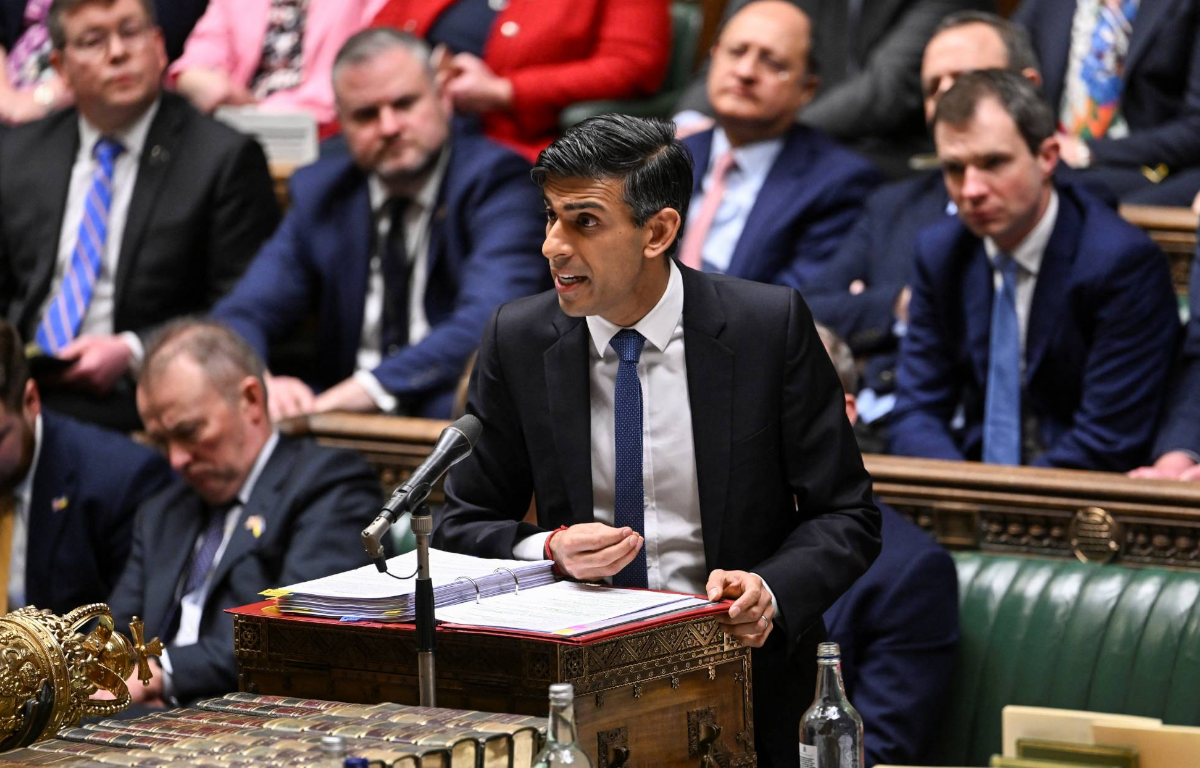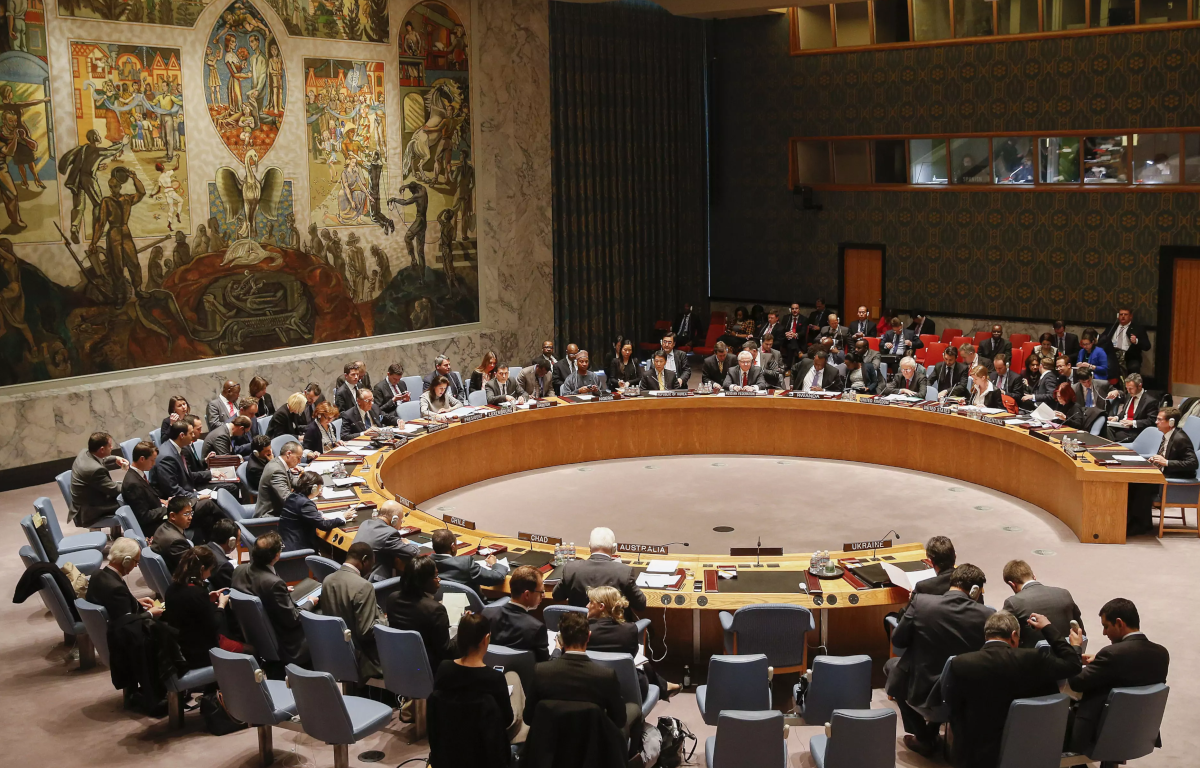
In 2019, Italy’s endorsement of the Belt and Road Initiative was met with mixed reactions. Proponents believed that the BRI could open up economic opportunities, granting Italy access to the vast Chinese market and attracting vital foreign investments. However, critics expressed concerns over potential debt traps and the risk of China wielding its economic influence over the nation.
Amidst growing doubts surrounding Italy’s involvement in the BRI, China has issued a strong warning against any potential withdrawal. Chinese authorities emphasize the long-term nature of the initiative, highlighting the mutual benefits it offers to participating countries. This warning underscores the importance of honoring commitments to strengthen cooperation and foster positive bilateral relations.
Italy’s involvement in the Belt and Road Initiative carries several implications that warrant careful consideration. Firstly, the nation must weigh the economic benefits against potential risks, such as a heavy debt burden and challenges in managing Chinese investments in strategic sectors. Secondly, Italy’s decision could influence its relations with other European Union (EU) member states, as some view the BRI as a potential challenge to the EU’s cohesion and interests.
As China issues a stern warning, Italy finds itself at a crossroads regarding its participation in the Belt and Road Initiative. Careful consideration is necessary to balance the economic benefits with potential risks. Italy’s decision will have far-reaching consequences not only for its own economic future but also for broader geopolitical dynamics between China, Europe, and the rest of the world. To navigate this complex situation, Italy must carefully deliberate and approach its involvement in the BRI with a thoughtful long-term strategy that safeguards its national interests while fostering economic cooperation.










Share this: